Most searched:
, ,
. ,
1� ,
100 ,
100 plus ,
2 ,
2023 ,
2024 ,
2025 ,
3 ,
4 ,
5 ,
6 ,
7 ,
9 ,
a ,
Ab ,
abalone ,
abbie ,
Ac ,
ace ,
ad ,
adi ,
adid ,
adidas ,
Adopt ,
ae ,
Aeo ,
Aeon ,
Aes ,
aesop ,
ai ,
aime ,
air ,
al ,
aldo ,
all ,
all i ,
all it ,
ALL IT HYPERMARKET ,
Almond ,
almond milk ,
an ,
Ant ,
Anta ,
ap ,
app ,
appl ,
Apple ,
Apple watch ,
ar ,
As ,
Asi ,
Asics ,
at ,
Atm ,
Av ,
Ave ,
Aved ,
aveda ,
Avocado ,
aya ,
Ayam ,
Ayam brand ,
b ,
ba ,
Bab ,
Baba ,
baby ,
Baby clothes ,
Babyshop ,
back ,
backpack ,
badminton ,
bag ,
bak ,
bak kut ,
bak kut teh ,
Bakery ,
Balloon ,
Ban ,
banana ,
Bar ,
Bas ,
Baskin ,
Basmathi ,
Bat ,
bata ,
Bath ,
bath and ,
bath and body ,
Bbq ,
Bdari ,
Be ,
Bea ,
Beac ,
Beaco ,
Beacon ,
beacon mart ,
Bean ,
Beauty ,
Bed ,
Bee ,
Bee c ,
Bee ch ,
Bee che ,
Bee cheng ,
bee cheng hiang ,
Beer ,
ber ,
BERY ,
BERYL ,
beryl's ,
BERYLS ,
bes ,
Best ,
best de ,
best denki ,
Bhc ,
bi ,
Big ,
Bio ,
bir ,
bird ,
bird nest ,
birken ,
birkenstock ,
Bis ,
Bisc ,
Biscuit ,
bl ,
Bla ,
Black ,
blu ,
blue ,
Bm ,
Bms ,
bo ,
Bod ,
body ,
body shop ,
bonia ,
Book ,
Bose ,
Bottle ,
Bowling ,
Box ,
box hunt ,
Br ,
bra ,
Bran ,
brand ,
Brand outlet ,
brands ,
brands outlet ,
Brau ,
Braun ,
Braun bu ,
Braun buffel ,
bre ,
Brea ,
bread ,
Breeze ,
Bu ,
Bun ,
Butter ,
c ,
Ca ,
Cafe ,
Cak ,
cake ,
Cal ,
Calvin ,
Cam ,
camel ,
Camera ,
camp ,
CAMPBELL ,
Can ,
Candle ,
canon ,
cap ,
car ,
card ,
Cari ,
Caring ,
Carmen Gran Reserva ,
Cas ,
Casio ,
cat ,
Cath ,
Cau ,
Caudalie ,
ce ,
Celcom ,
centro ,
ch ,
Cha ,
Chagee ,
Chan ,
Chanel ,
char ,
Charity ,
Charl ,
Charles ,
che ,
Chee ,
cheese ,
cheetah ,
chi ,
chic ,
Chick ,
Chicke ,
Chicken ,
Chil ,
childhood ,
chili ,
Chin ,
Chinese ,
Chips ,
cho ,
choc ,
Choco ,
Choco chip rounder ,
Chocol ,
chocola ,
chocolate ,
chr ,
Chri ,
chris ,
christ ,
Christmas ,
christy ,
christy ng ,
Ci ,
Cigar ,
Cinema ,
Cinnamon ,
Ck ,
cl ,
cla ,
Clar ,
Clarin ,
clarins ,
Clark ,
Clarks ,
clo ,
cloth ,
clothes ,
Cn ,
cny ,
co ,
Coa ,
Coach ,
Coarse ,
Coarse sugar ,
Coc ,
Coca ,
Coco ,
Cocoa ,
Coconut ,
cof ,
coff ,
coffe ,
Coffee ,
Coffee bean ,
col ,
com ,
comp ,
computer ,
Con ,
Contact ,
Contact lens ,
Coo ,
Cook ,
Cooki ,
cookie ,
cookies ,
Cooking ,
Cooking oil ,
corn ,
cotton ,
cotton on ,
Cr ,
Cra ,
Craftiviti ,
Creek ,
Cro ,
Croc ,
Crocs ,
crystal ,
Csr ,
Cu ,
Cubix ,
cuir ,
Cup ,
d ,
da ,
dai ,
Dais ,
daiso ,
de ,
Dec ,
Deca ,
Decath ,
Decathlon ,
Dessert ,
Deter ,
detergent ,
di ,
Dia ,
Diamond ,
Diffuser ,
Digi ,
Din ,
Din tai ,
ding ,
Dior ,
dis ,
dish ,
Diva ,
diy ,
Dji ,
do ,
Dog ,
dr ,
Dra ,
dragon ,
dre ,
Dress ,
dri ,
dried ,
drink ,
DT ,
du ,
Duc ,
Duck ,
Dutch ,
Dutch lady ,
Dy ,
Dys ,
Dyson ,
Dzi ,
e ,
e- ,
E-gift ,
Ea ,
Ear ,
Earbu ,
Earbud ,
Earbuds ,
Earphone ,
ec ,
Ecesis ,
eclipse ,
effective ,
effective herbs ,
eg ,
egg ,
egge ,
Egget ,
eggett ,
eggette ,
eggs ,
Ei ,
el ,
ele ,
elec ,
electr ,
electric ,
Elemis ,
Elle ,
en ,
Energized ,
er ,
es ,
Essential oil ,
Estee ,
Eu ,
Eu Y ,
Eu ya ,
Eu yan ,
Eu yan s ,
Eu Yan Sa ,
Eu yan san ,
Eu yan sang ,
Eu yang ,
eur ,
Eure ,
Eurek ,
Eureka ,
Ex ,
ey ,
eye ,
Eys ,
f ,
Fa ,
Fac ,
face ,
face bar ,
Facial ,
fai fong ,
Fam ,
Family ,
famous ,
Famsy ,
Fan ,
far ,
Farm ,
Farm fresh ,
Fas ,
fashion ,
Fe ,
fei ,
Felancy ,
fi ,
Fipper ,
Fis ,
fish ,
fit ,
fitflop ,
Fitness ,
fl ,
Flip ,
Flo ,
Floor ,
flour ,
Flow ,
Flower ,
Flowrider ,
fo ,
Fong ,
foo ,
food ,
Foot ,
fos ,
Fossil ,
fr ,
Fra ,
fragrance ,
Frawlergo ,
Fre ,
Fres ,
fresh ,
FRESH MILK ,
Frozen ,
Fruit ,
FRUITS ,
fu ,
g ,
G Shock ,
G-shock ,
G2 ,
G2000 ,
Ga ,
Gaagoo ,
Gaagookids ,
Gad ,
GADGET ,
GADGETP ,
GADGETPRO ,
Gajeto ,
Gam ,
Game ,
Gamer ,
Gamers ,
gar ,
gardenia ,
garmin ,
Ge ,
GETH ,
Getha ,
gi ,
gif ,
gift ,
gift c ,
gift ca ,
Gift card ,
giftcard ,
Gigi ,
gin ,
ginger ,
Ginte ,
gintell ,
Gl ,
glass ,
Glo ,
Go ,
gol ,
gold ,
golf ,
Good ,
gor kaki ,
gr ,
gra ,
grand ,
gree ,
green ,
green tea ,
Gro ,
Groc ,
Groce ,
Grocer ,
groceries ,
Grocery ,
gs ,
gsc ,
Gu ,
Gua ,
Guar ,
Guard ,
Guardian ,
Guess ,
gula ,
gula prai ,
Gundam ,
h ,
h& ,
h&M ,
ha ,
haa ,
haagen ,
Hai ,
hai di ,
hai di lao ,
hai o ,
hai- ,
hai-o ,
Haidi ,
haidilao ,
Hair ,
Hair dryer ,
Hairdepot ,
ham ,
HAMP ,
Hamper ,
Han ,
hand ,
handbag ,
har ,
Hard ,
harv ,
Harve ,
Harvey ,
Harvey norman ,
he ,
Hea ,
Head ,
Her ,
Herschel ,
Hey ,
hi ,
himalaya ,
Hl ,
HLA ,
ho ,
Hokkaido ,
hom ,
HOME ,
HOME HARMONY ,
Hon ,
Hone ,
Honey ,
Hong ,
Hono ,
Honor ,
Honor pad ,
honor x ,
hoo ,
Hoog ,
hooga ,
hot ,
Hotpot ,
Houm ,
House ,
Hp ,
Hu ,
hua ,
huawe ,
huawei ,
Hush ,
Hush puppies ,
hy ,
hydr ,
Hydro ,
Hydro f ,
hydro fl ,
hydro flas ,
Hydro flask ,
Hydroflask ,
HYPE ,
Hypergear ,
i ,
Ic ,
ice ,
ice cream ,
in ,
inn ,
Inni ,
innis ,
innisfree ,
ins ,
Inside ,
inside scoop ,
insta ,
instant ,
instax ,
Io ,
Ior ,
Iora ,
ip ,
iPad ,
ipho ,
iPhon ,
iphone ,
ir ,
iron ,
it ,
Itsu ,
j ,
ja ,
Jap ,
Japa ,
Japan ,
Japanese ,
jasmine ,
jay ,
jaya ,
Jaya g ,
Jaya gr ,
Jaya gro ,
Jaya groc ,
jaya groce ,
Jaya grocer ,
Jbl ,
jd ,
jd sport ,
Je ,
Jean ,
Jelly ,
Jewe ,
Jewellery ,
ji ,
Jin ,
jo ,
jo malone ,
johnson ,
Ju ,
Juice ,
julie ,
Jungl ,
Jungle ,
Jungle house ,
Just ,
Just parfum ,
k ,
Ka ,
kai ,
kaiso ,
Kaison ,
Kam ,
Kamelah ,
Kappa ,
Kar ,
Kara ,
Karafu ,
Ke ,
Ken ,
kens ,
key ,
keyboard ,
kfc ,
ki ,
Kid ,
kids ,
Kie ,
Kieh ,
Kiehl ,
Kim ,
Kip ,
Kipli ,
Kiplin ,
Kipling ,
Kit ,
kit kat ,
Kitchen ,
Kl ,
Klee ,
Kleenex ,
Klt ,
Knife ,
Ko ,
koi ,
Komugi ,
Kore ,
Korea ,
korean ,
Korean grocer ,
Ku ,
Kyo ,
l ,
l' ,
l'o ,
l'occitane ,
L’ ,
la ,
La senza ,
Labubu ,
Lac ,
Lacoste ,
Lan ,
Lancome ,
Lanei ,
Laneige ,
lao ,
lap ,
Lapt ,
laptop ,
Lau ,
Laun ,
Laundr ,
Laundry ,
Laura ,
laura mercier ,
Lav ,
lave ,
Laven ,
Lavend ,
lavendar ,
lavender ,
Lavender bakery ,
lax ,
lax lax ,
Lc ,
le ,
le c ,
le cr ,
Le cre ,
Le creu ,
le creuset ,
LE MERIDIEN ,
Leather ,
Lee ,
Leg ,
lego ,
len ,
leno ,
Lenovo ,
Levi ,
levis ,
lewre ,
lg ,
li ,
Li ning ,
Li- ,
li-ning ,
light ,
Lih ,
liho ,
liho tea ,
lin ,
lindt ,
line ,
lingerie ,
lining ,
Lip ,
Liv ,
Live ,
Live it ,
Live it up ,
ll ,
llao ,
lo ,
Lo h ,
Lo ho ,
lo hon ,
Lo hong ,
lo hong k ,
lo hong ka ,
loc ,
locc ,
Locci ,
Loccit ,
Loccita ,
lóccitan ,
loccitane ,
loci ,
logitech ,
Long ,
Lou ,
lov ,
Love ,
Lovel ,
Lovely ,
Lovely l ,
Lovely la ,
Lovely lace ,
lu ,
Lugg ,
Lugga ,
Luggag ,
Luggage ,
Lush ,
m ,
M4 ,
m4g ,
ma ,
Mac ,
Mach ,
machi ,
Machin ,
Machine ,
Machines ,
madam ,
madam kwan ,
mag ,
Maggi ,
Maison ,
Mak ,
Make ,
man ,
mandarin ,
mango ,
mar ,
Mark ,
marks ,
marmite ,
mas ,
mask ,
Mass ,
massage ,
massimo ,
mat ,
Match ,
Matchy ,
Matchy & ,
Matchy & co ,
mattress ,
Max ,
Maxi ,
maxis ,
Mc ,
me ,
meat ,
Medi ,
mei ,
mei xin ,
meiji ,
MEL ,
melvita ,
men ,
mi ,
Mi hom ,
Mi home ,
mic ,
micro ,
Mil ,
Milk ,
Milo ,
min ,
mineral ,
mineral water ,
mini ,
Mini Instant Camera 2 ,
Minis ,
miniso ,
Mix ,
Mixu ,
Mixue ,
Mo ,
mobile ,
Mon ,
Money ,
Money changer ,
Monitor ,
Mont ,
Monti ,
Montig ,
Montigo ,
Moo ,
moon ,
moon cake ,
Moonc ,
Moonca ,
Mooncak ,
Mooncake ,
mop ,
Mother ,
Mothercare ,
Mouse ,
Mr ,
Mr d ,
Mr di ,
Mr diy ,
Mu ,
Muj ,
Muji ,
murad ,
My ,
myfeet ,
n ,
na ,
nae ,
naelo ,
naelofar ,
Nail ,
Nam ,
nan ,
nando ,
ne ,
neal ,
Neck ,
necklace ,
Nes ,
Nesca ,
Nescafe ,
Nesp ,
Nespresso ,
neu ,
neubodi ,
new ,
New balance ,
New j ,
New je ,
New jea ,
New jean ,
New jeans ,
newj ,
Newje ,
newjea ,
Newjean ,
newjeans ,
Nex ,
Next ,
Nextgen ,
ni ,
nik ,
nike ,
nin ,
nintendo ,
Nit ,
Nito ,
Nitor ,
Nitori ,
No ,
Noo ,
Noodle ,
nova ,
NOVACE ,
novacell ,
Nu ,
nut ,
nutella ,
Nyonya ,
o ,
Oa ,
oat ,
Oi ,
Oil ,
ol ,
ola ,
olaiya ,
old ,
Old town ,
oli ,
Oliv ,
Olive ,
Olive oil ,
olive tree ,
Olo ,
oloi ,
Oloiy ,
oloiya ,
ON ,
one ,
One card ,
ONE PIECE ,
One world ,
onecard ,
oneshop ,
op ,
OPPO ,
Optical ,
Or ,
orange ,
Organic ,
Oriental ,
os ,
osi ,
Osim ,
Ou ,
Out ,
Oversea ,
p ,
pa ,
Pad ,
padi ,
Padin ,
Padini ,
Pan ,
panasonic ,
Pand ,
Pando ,
pandor ,
pandora ,
pants ,
par ,
Parfum ,
paris ,
park ,
Parks ,
Parkso ,
Parkson ,
Pasta ,
pe ,
Peanut ,
pedro ,
Pen ,
Per ,
Perf ,
Perfu ,
Perfum ,
Perfume ,
persil ,
pet ,
Pets ,
petsmore ,
Ph ,
Phar ,
Pharmacy ,
philip ,
philips ,
pho ,
phone ,
photo ,
Pi ,
pillo ,
pillow ,
pine ,
Pineapple ,
Pizza ,
Pl ,
pla ,
Play ,
po ,
Poh ,
Poh kong ,
Pokémon ,
polo ,
Poney ,
pop ,
Pop ma ,
Pop mart ,
popcorn ,
Popmart ,
Popu ,
Popul ,
Popula ,
Popular ,
por ,
pork ,
Pos ,
Pot ,
Potato ,
Power ,
Power bank ,
powerbank ,
Pr ,
pro ,
PS ,
PS5 ,
pu ,
Pull ,
Puma ,
pur ,
Puras ,
purpl ,
purple ,
Purple ca ,
purple cane ,
puzz ,
puzzl ,
Puzzle ,
puzzle planet ,
q ,
Quick ,
r ,
ra ,
Ramen ,
raya ,
re ,
real ,
realme ,
red ,
red army ,
red wine ,
Redm ,
Redmi ,
redmi note ,
redmi watch ,
relx ,
RES ,
Rest ,
Resta ,
Restau ,
Restaura ,
Restaurant ,
Restaurants ,
Ri ,
Ric ,
Rice ,
Rice cooker ,
rich ,
rip ,
rip curl ,
ro ,
Rock ,
Rocku ,
Roller ,
Roti ,
roy ,
roya ,
royal ,
royce ,
ru ,
running ,
s ,
sa ,
Sal ,
Sam ,
Sams ,
Samso ,
samsoni ,
samsonite ,
samsu ,
Samsun ,
samsung ,
samsung galaxy ,
san ,
sandal ,
sasa ,
Savinelli ,
Sc ,
Sch ,
School ,
Sd ,
se ,
Sea ,
seaweed ,
Secret ,
Sen ,
Sep ,
Seph ,
Sepho ,
sephor ,
Sephora ,
sere ,
serene ,
Sh ,
Sha ,
Sham ,
shampoo ,
Shaver ,
sheraton ,
shi ,
Shin ,
Shins ,
Shirt ,
Shizen ,
shizens ,
sho ,
shoe ,
shoes ,
Shoji ,
SHOJIKIYA ,
shop ,
Shower ,
shu ,
si ,
sk ,
ske ,
Skec ,
Skech ,
Skecher ,
skechers ,
sket ,
sketcher ,
Sketchers ,
Sl ,
sm ,
sma ,
smart ,
smart watch ,
smartwatch ,
Smiggle ,
sn ,
snack ,
so ,
soap ,
Sock ,
Socks ,
soft ,
softlan ,
Soju ,
Some ,
Sometime ,
Son ,
sony ,
Sothys ,
Sou ,
soup ,
Sox ,
Soy ,
sp ,
Spa ,
Speaker ,
Speedo ,
Spo ,
Spor ,
sport ,
Sport direct ,
Sports ,
sports direct ,
st ,
sta ,
star ,
Starb ,
Starbu ,
Starbuc ,
Starbuck ,
starbucks ,
Ste ,
Steam ,
str ,
Stry ,
Stryv ,
su ,
sugar ,
summer ,
summer love ,
Sun ,
Sunwhite ,
Super ,
Sus ,
sushi ,
sw ,
Swa ,
sweet ,
Swi ,
Swim ,
Switch ,
T ,
ta ,
table ,
Tai ,
Taimal ,
Tan ,
Tanyu ,
tatawa ,
te ,
Tea ,
Tefal ,
teh ,
test ,
tg ,
Tgv ,
th ,
Thai ,
the ,
The body ,
the body shop ,
THE OLIVE ,
the olive tree ,
the parent ,
The parent company ,
The s ,
The sc ,
The sce ,
the scen ,
The scent ,
ti ,
tiger ,
Tim ,
Timberland ,
Tiss ,
Tissue ,
to ,
Toast ,
Toil ,
Toilet ,
tokyo ,
tokyo secret ,
Tom ,
toma ,
tomato ,
tomaz ,
Tomei ,
Tommy ,
ton ,
Tong ,
tooth ,
toothpaste ,
Top ,
tote ,
Towel ,
Toy ,
Toys ,
tr ,
tra ,
Trave ,
Travel ,
Triumph ,
Tu ,
Tuna ,
tv ,
Typo ,
U ,
Um ,
Umobile ,
un ,
under ,
under armour ,
Une ,
uni ,
uniq ,
Uniql ,
uniqlo ,
Univ ,
Univer ,
Universal ,
ur ,
urban ,
urban tee ,
usb ,
v ,
Va ,
Vac ,
Vacuum ,
van ,
Vans ,
vanz ,
vanzo ,
Ve ,
Veg ,
vege ,
Vegetarian ,
Versace ,
vi ,
Victoria ,
Vin ,
Vincc ,
vincci ,
Vinda ,
Vitagen ,
Vivo ,
vo ,
Voir ,
vou ,
voucher ,
w ,
wa ,
Wah ,
Wah Chan ,
waka ,
Wall ,
wallet ,
Was ,
washing ,
wat ,
WATATIME ,
watc ,
watch ,
water ,
Wats ,
Watso ,
Watson ,
Watsons ,
Way ,
we ,
wh ,
whi ,
white ,
whitt ,
whitta ,
whittard ,
wi ,
win ,
Wind ,
Windlab ,
wine ,
Wing ,
Wings ,
winter ,
winter time ,
WISE ,
Wo ,
women ,
Wp ,
Wps ,
X ,
Xi ,
XIA ,
xiao ,
Xiao mi ,
xiaom ,
xiaomi ,
xio ,
Xixili ,
y ,
Ya ,
Yamaha ,
yan ,
yank ,
Yankee ,
YANKEE CANDLE ,
Yat ,
Yat yat ,
Ye ,
Yee ,
yee sang ,
yo ,
yoga ,
yogurt ,
Yomaro ,
Yon ,
Yong ,
yong s ,
Yong sh ,
yong she ,
Yong shen ,
yong sheng ,
You ,
Young ,
Young heart ,
Ys ,
ysl ,
Yu ,
Yu yan ,
z ,
za ,
Zar ,
zara ,
Zu ,
zus ,
Zwilling
-77.jpg)
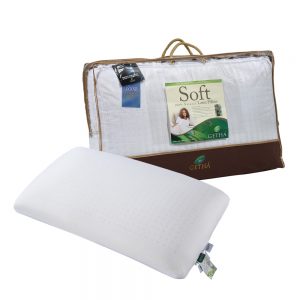
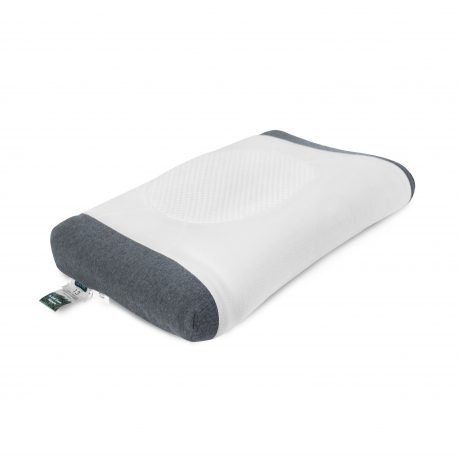
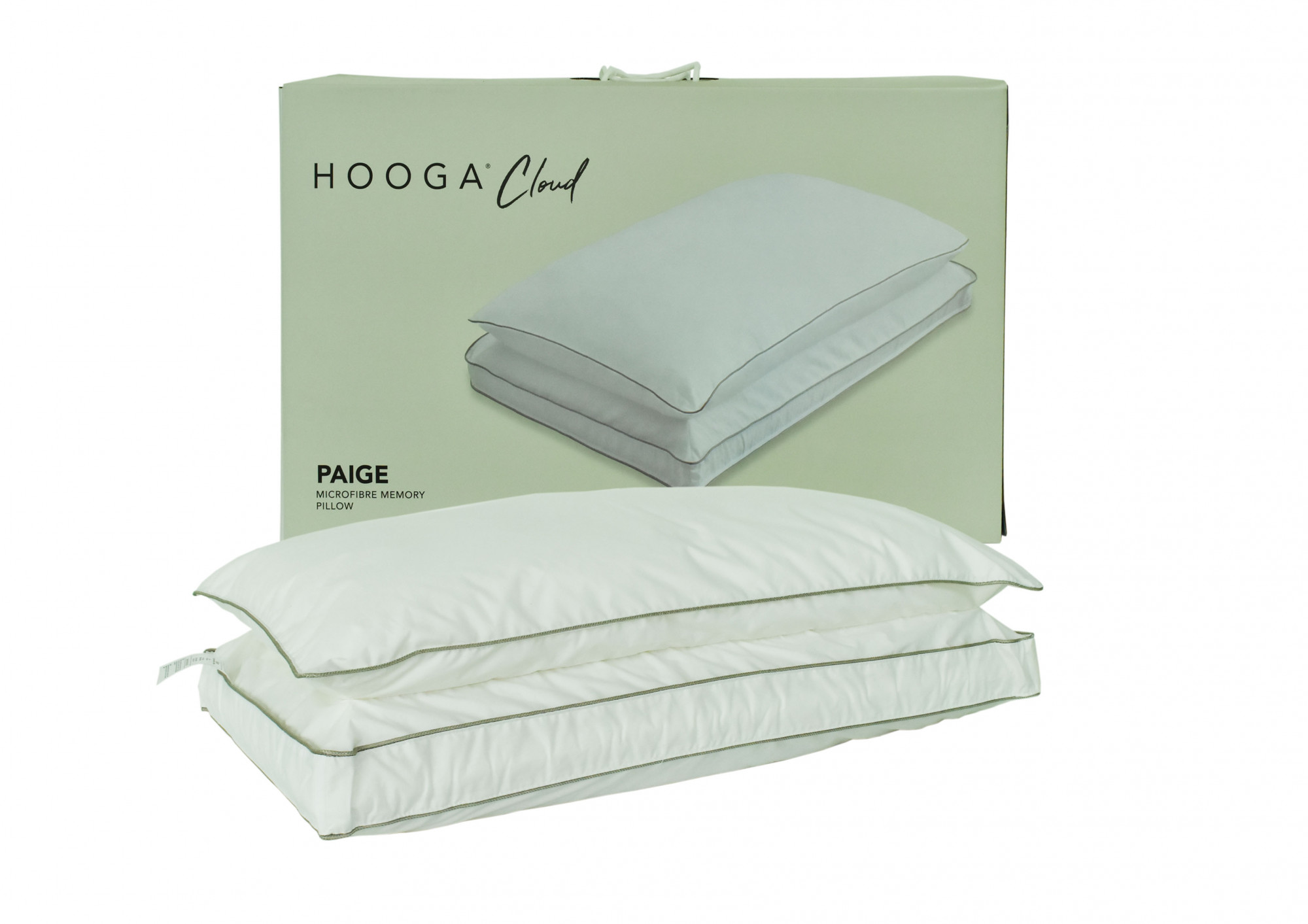

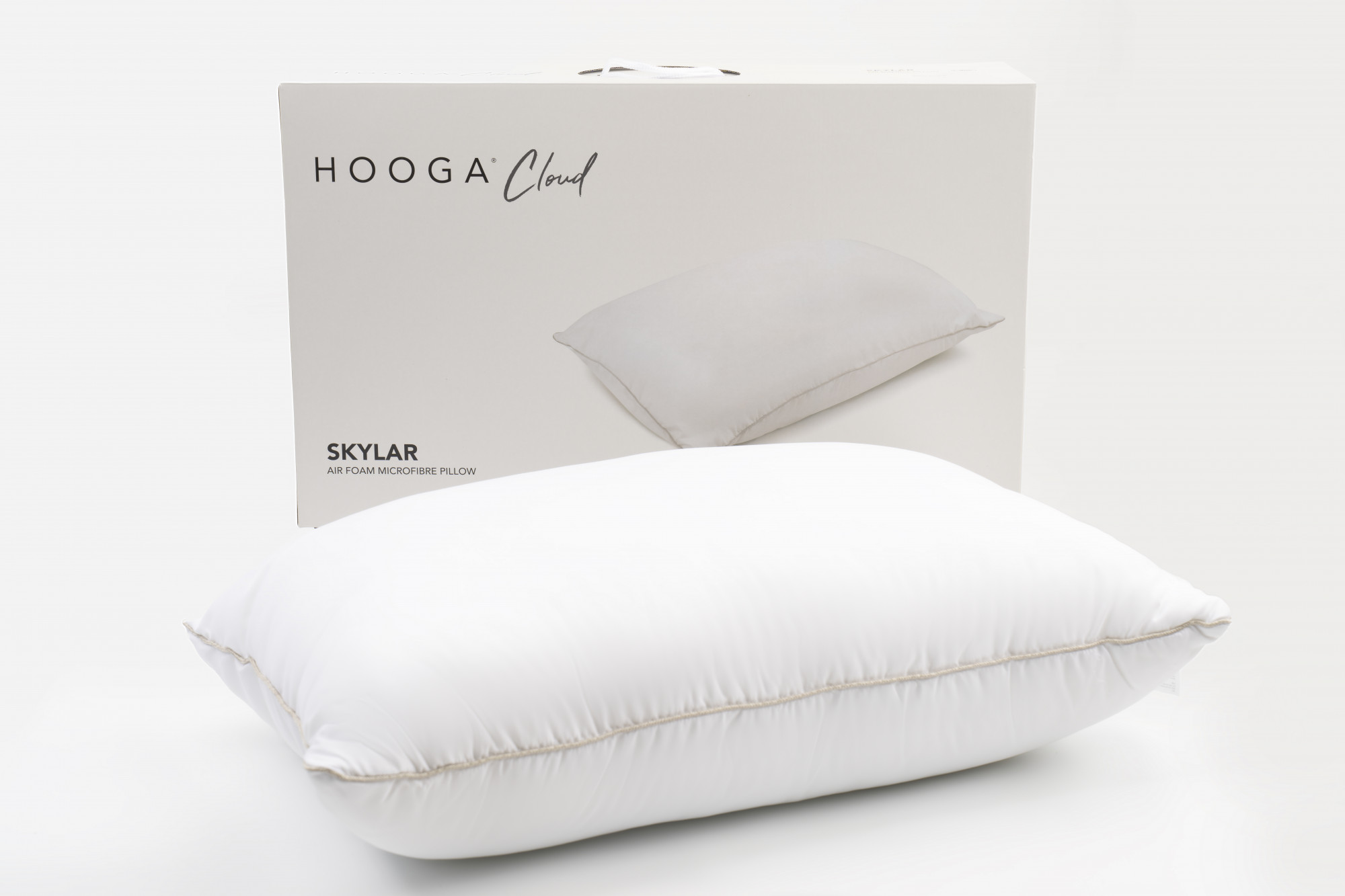
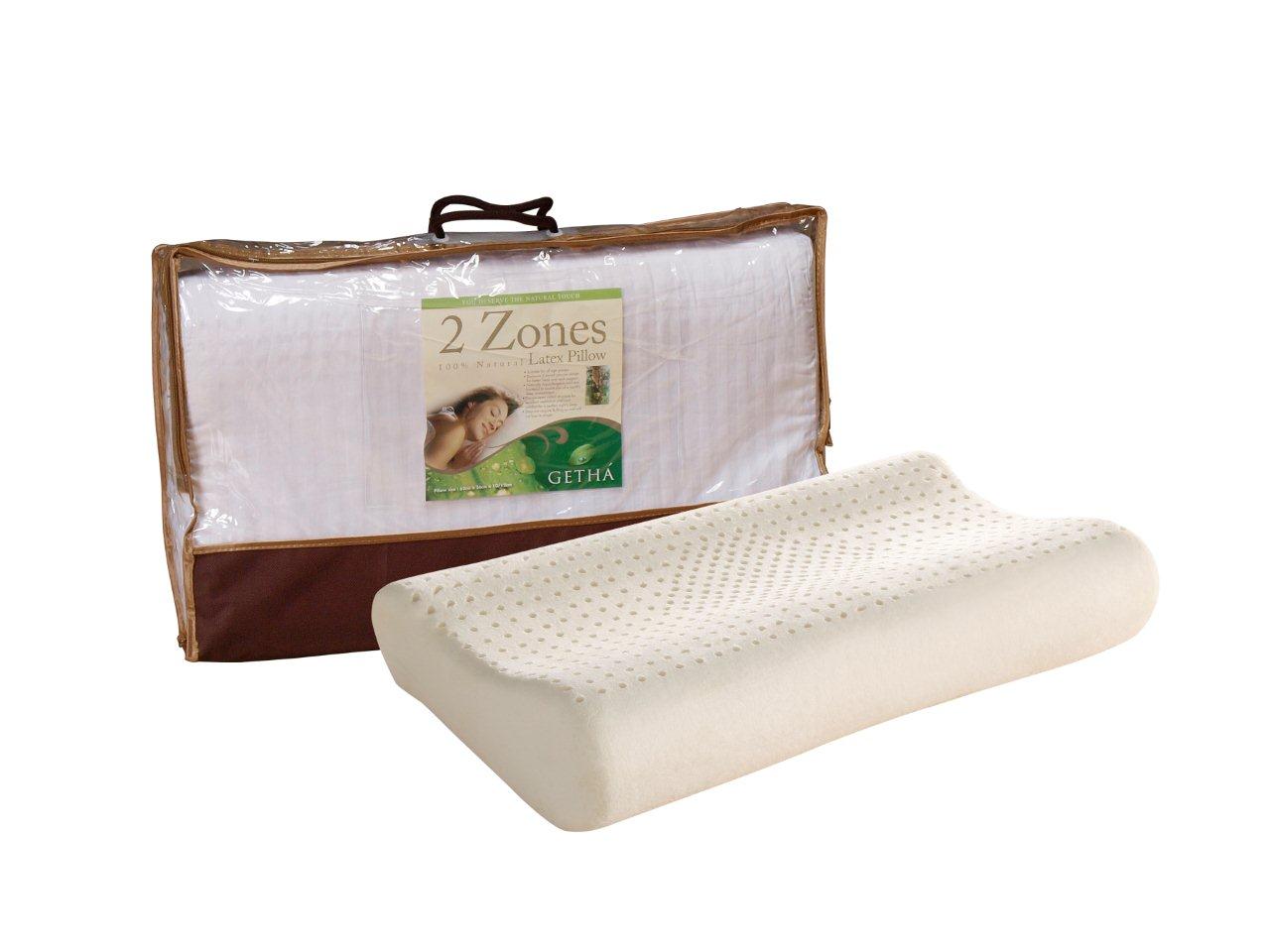
-30.jpg)
-BannerNewSize(822x583px).jpg)
-BannerNewSize(822x583px).jpg)
-BannerNewSize(822x583px).jpg)
-BannerNewSize(822x583px).jpg)
-BannerNewSize(822x583px).jpg)


Leave a comment